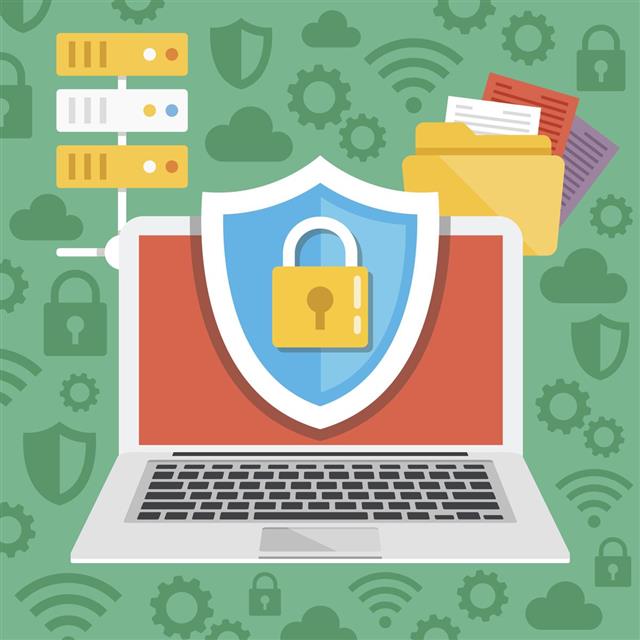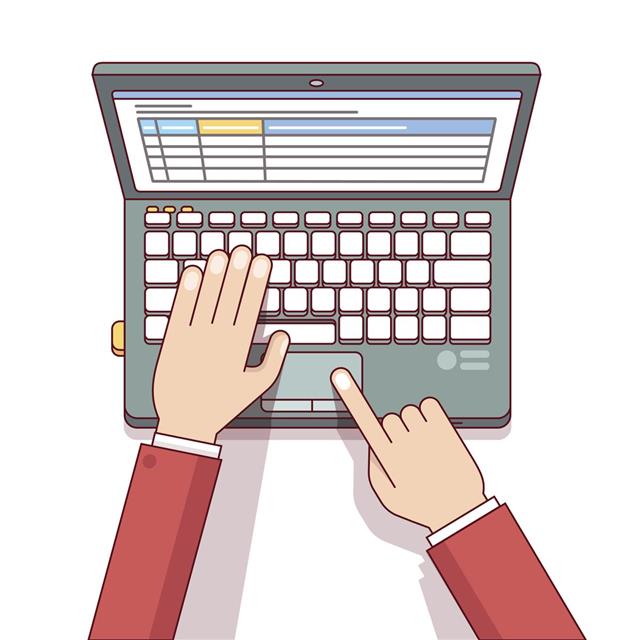
With most companies using automated software to manage their financial affairs, the advantages and disadvantages of computerized accounting should be considered, if you too are thinking of opting for it. In this article I review the pros and cons of switching over to automated accounting tools.
As software programs are written to aid, simplify and automate almost every human task, why should financial accounting be an exception? In fact, some of the earliest software programs, including Microsoft Excel were written with the requirements of the business user in mind. One thing that computers are exceedingly good at is number crunching and since accounting is all about dealing with numbers, it makes perfect sense to switch over to computerized accounting. Still, there are many who still rely on manual accounting, due to overall skepticism about automated accounting.
What is Computerized Accounting?
This type of accounting is all about using software programs to carry out every task that is part of the yearly accounting cycle. This involves the use of payroll software, maintaining of accounts payable and accounts receivable, besides maintaining a record of invoices using software programs. There are many programs that can assist in tax calculations too.
Some businesses may restrict themselves to just the use of spreadsheet software and some may completely handle their entire accounting cycle by using specialized software. Let us take a look at what are the pros and cons of switching over to automated accounting.
If you are considering switching over to computerized bookkeeping, it would be helpful to consider the advantages and disadvantages that this decision brings in.
Advantages
Speed & Accuracy
The prime benefit is speed and accuracy. Calculations can be zipped through substantially faster, compared to manual accounting. Repetitive calculations are especially easier. All you have to do is key in the data, apply required calculation formula and let the software handle the rest. Spreadsheets with thousands of entries can be processed in a jiffy, using software. Unless wrongly programmed, a computer never errs, which provides you with a high degree of accuracy in accounting. As a consequence, you save a substantial amount of time, which can be invested in financial analysis.
Backing Up Facility & Easy Error Correction
Backing up all your data is easier. You can maintain a hard copy of all your yearly accounting in the form of printouts, along with a parallel software backup. Another advantage is easy error correction, which can be difficult in manual accounting.
Disadvantages
Time Invested in Software Usage Training
What could be considered a disadvantage is the substantial amount of time and money invested in training of personnel. For people used to manual accounting, it takes time to switch over to software usage, which can delay accounts processing. For a non-computer savvy workforce, computerized accounting can be tough. However, you need to invest time and money in training just once.
Security Risks Involved
If precautions are not taken, including installation of anti-virus software and securing of office network, there is a security risk of losing data due to hacking attacks and spying via Internet. Ergo, it’s essential that adequate security safeguards are put in place, when using accounting software.
Instead of entirely switching over to computers, a business may opt for a parallel implementation with manual accounting. That way, you can have the advantages of both manual and automated modes. The speed and accuracy that a computer offers can help a company’s accounts department focus on analysis and financial planning, instead of investing time in the manual labor of individual calculations for every entry. To conclude, it’s highly recommended that modern businesses opt for computerized accounting as the advantages far outweigh the disadvantages.


